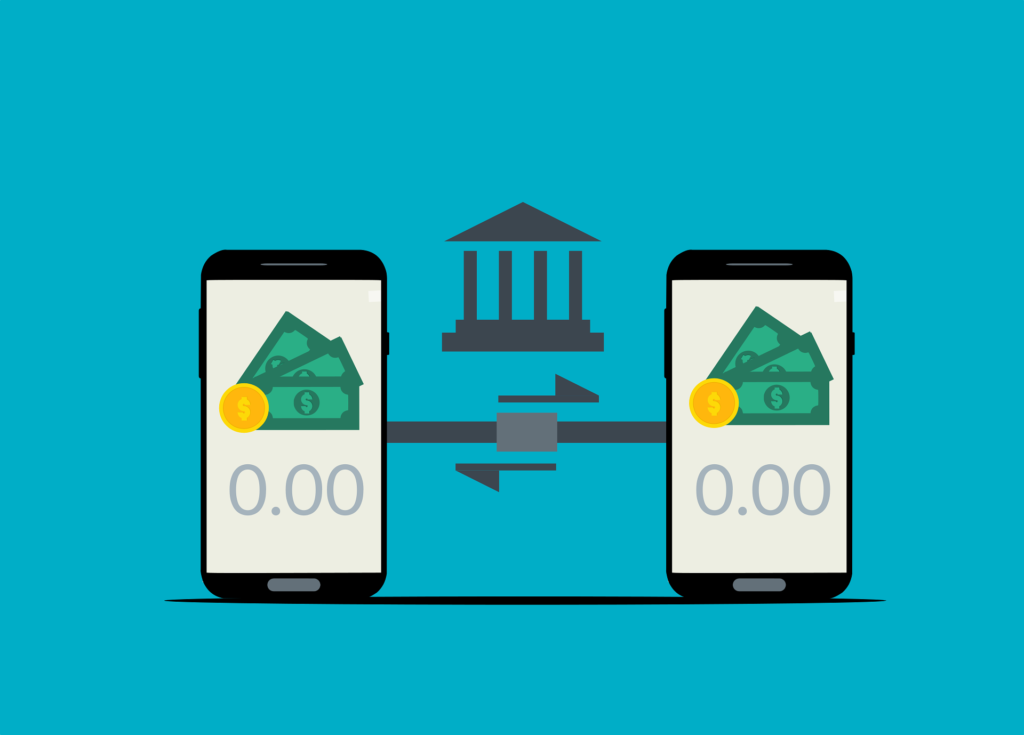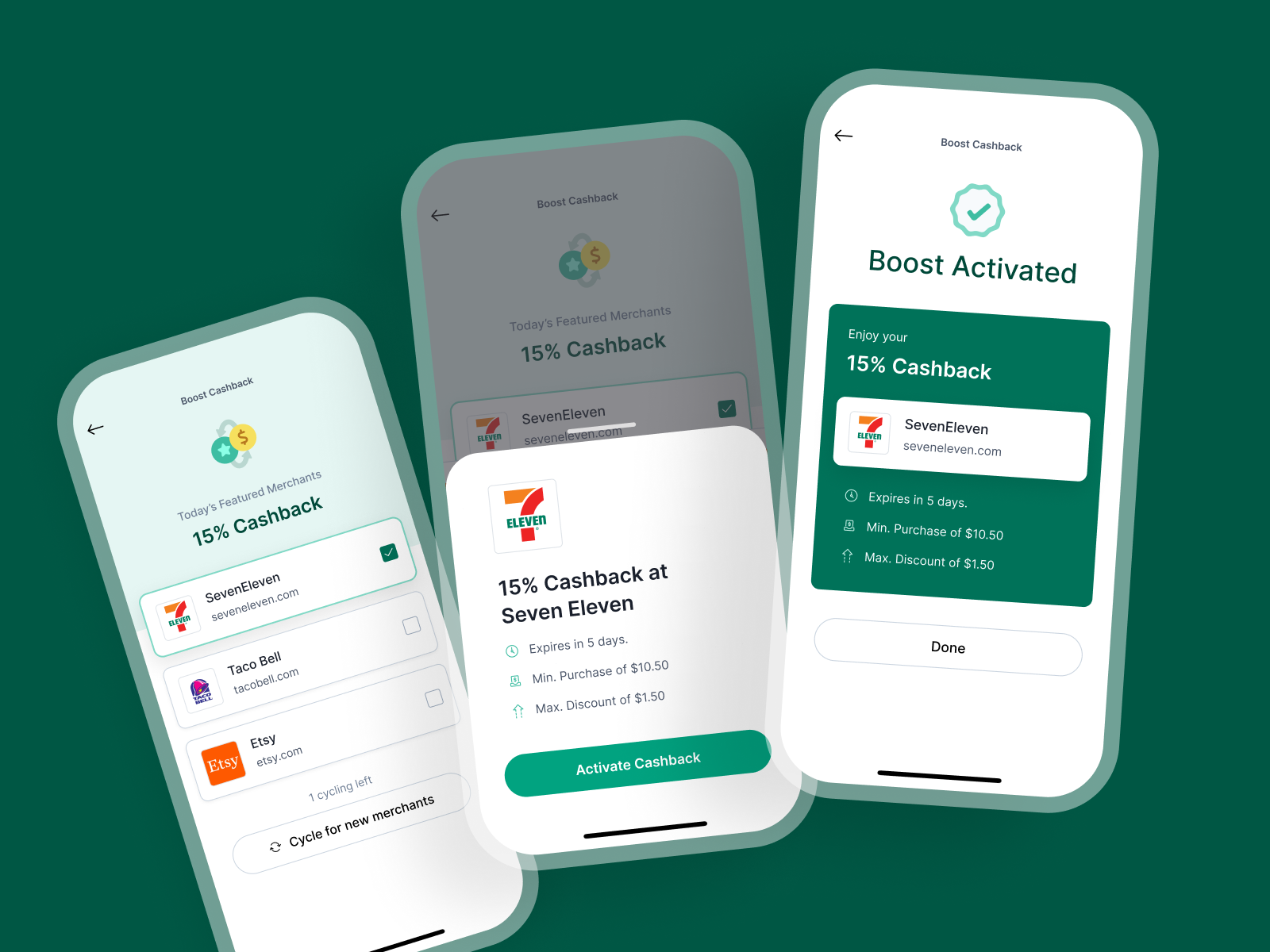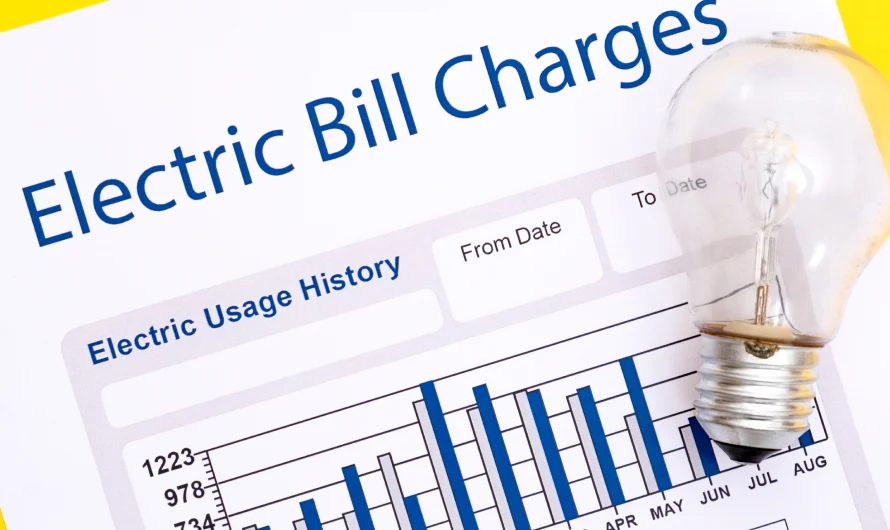Table of Contents
Introduction
Saving money doesn’t have to mean giving up everything you enjoy. The key is to make smarter financial decisions that align with your lifestyle while still helping you achieve your financial goals. In this blog, we’ll share 10 proven Saving Money Strategies to save money without feeling like you’re missing out.
1. Track Your Spending with Saving Money Strategies
Understanding where your money goes is one of the most essential saving money strategies. Use tools like Mint or YNAB to categorize your expenses and identify areas where you can cut back.

Pro Tip: Set a monthly budget for discretionary spending and stick to it.
2. Embrace the 30-Day Rule for Smarter Spending

When you feel the urge to make an impulsive purchase, wait 30 days. This saving money strategy allows you to evaluate whether the item is a necessity or a fleeting desire.
SEO Tip: Use keywords like “saving money tips” and “how to save on shopping” for better rankings.
3. Automate Your Savings with Smart Saving Money Strategies
Set up automatic transfers to your savings account. This strategy ensures consistency and helps you achieve your financial goals effortlessly.

Pro Tip: Start small, like 10% of your income, and gradually increase it.
4. Shop Smart with Cashback Apps
Apps like Rakuten and Honey provide cashback and discounts, making shopping a part of your saving money strategies.

SEO Tip: Target long-tail keywords like “best cashback apps” or “online shopping discounts.”
5. Meal Prep and Plan Ahead
One of the most effective saving money strategies is planning meals in advance. Preparing your own meals reduces waste and keeps your food budget in check. Visit Budget Bytes for affordable recipes.
Pro Tip: Batch cooking on weekends saves time and money.

6. Review Subscriptions and Memberships
From streaming services to gym memberships, monthly subscriptions add up quickly. Review what you’re paying for and cancel those you don’t use.

SEO Tip: Include keywords like “saving money on subscriptions” for better search visibility.
7. Buy Quality Over Quantity
Investing in durable, high-quality items might have a higher upfront cost but saves you money in the long run by avoiding frequent replacements.

Pro Tip: Look for seasonal sales to get the best deals on quality items.
8. Negotiate Bills and Rates
You’d be surprised how often you can negotiate lower rates for services like internet, insurance, and phone plans. A quick call to your provider can save you hundreds annually.
Pro Tip: Research competitor pricing before calling to strengthen your negotiation.

9. DIY Whenever Possible

Learn to handle small repairs or create homemade gifts. DIY projects are practical saving money strategies that also boost your skills.
SEO Tip: Include phrases like “DIY money-saving tips” for SEO optimization.
10. Set Clear Financial Goals
Having a clear goal—like building an emergency fund, paying off debt, or saving for a vacation—keeps you motivated to save. Break it down into smaller, achievable milestones to track your progress.
Tools like Dave Ramsey’s Financial Planning Tools can help you set and track your financial goals.”
Pro Tip: Use visual aids like savings charts to stay motivated.

Q: What are the best saving money strategies for beginners?
A: The best saving money strategies for beginners include tracking expenses, automating savings, and cutting unnecessary subscriptions. Start small and focus on building consistent habits
Q: How can I save money on groceries?
A: Meal prepping, planning your meals in advance, and buying in bulk are excellent saving money strategies for reducing grocery expenses. Using cashback apps can also help.
Q: How do cashback apps help with saving money strategies?
A: Cashback apps like Rakuten and Honey provide rebates or discounts on purchases, allowing you to save money while shopping.
Q: Can negotiating bills really save money?
A: Absolutely. Calling service providers to negotiate lower rates on utilities, internet, and insurance is a highly effective saving money strategy.
Q: How does the 30-day rule work as a saving money strategy?
A: The 30-day rule involves waiting 30 days before making a non-essential purchase. This helps curb impulse spending and ensures the purchase is necessary.
Q: What is the importance of setting financial goals in saving money strategies?
A: Setting clear financial goals provides motivation and direction. It helps you focus your efforts on saving for specific objectives, like an emergency fund or a major purchase.
Final Thoughts
Saving money doesn’t mean living frugally; it’s about making smarter choices. By implementing these 10 saving money strategies, you can achieve your financial goals while continuing to enjoy the lifestyle you love. Remember, small changes lead to big results over time.
Call to Action: What are your favorite money-saving strategies? Share them in the comments below and let’s inspire each other to grow smarter financially!
- Master Your Path to Success: A Step-by-Step Guide to Personal and Financial Growth
- 5 Simple Habits to Kickstart Your Self-Growth Journey: Easy Tips for Daily Success








Leave a Comment